

Discovery of Romance(2022)
Overview
To choose the one who loves you or the one that you love? This tells the story of a woman's growth and evolution in love as she is faced with her ex and her current boyfriend who both have very different personalities. By chance, Xia Tian, a cutting-edge furniture designer in her 30s encounters design company owner Xu Ze Hao who happens to be her ex-boyfriend. Given his relentless efforts for them to get back together, Xia Tian's feelings for her cosmetic surgeon boyfriend Guan Xin start wavering. Meanwhile, Guan Xin is reunited with Lu Xi, his "little sister" from the orphanage from whom he's been separated for many years. They start to have an ambiguous relationship. Whether it's the ex or the current boyfriend, friends or lovers, reunion or rejection, breakup or marriage, it depicts the emotional journey of an urban woman at the age of 30.
Networks:

Recommendations TVs
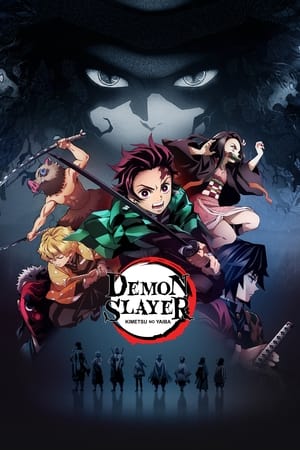
Demon Slayer: Kimetsu no Yaiba (ja)
It is the Taisho Period in Japan. Tanjiro, a kindhearted boy who sells charcoal for a living, finds his family slaughtered by a demon. To make matters worse, his younger sister Nezuko, the sole survivor, has been transformed into a demon herself. Though devastated by this grim reality, Tanjiro resolves to become a “demon slayer” so that he can turn his sister back into a human, and kill the demon that massacred his family.
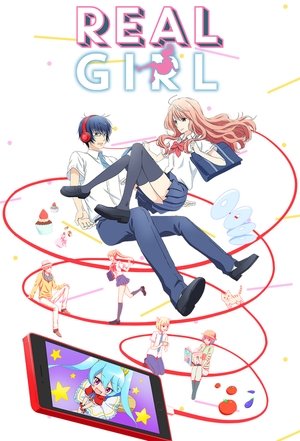
Real Girl (ja)
Tsutsui Hikari (a.k.a "Tsuttsun") is a high school student who is content with his virtual life of anime and video games. One day, he gets stuck cleaning the pool with Iroha, a real live girl who is stylish, sassy and known to be easy with boys ... and she aggressively approaches him! Tsuttsun, who has few friends and lives in his own world, finds himself smitten by the confident and wild Iroha ... and his whole world is turned upside down!! It's the awkward and pure love story of a boy who experiences relationship for the first time.

WATATEN!: an Angel Flew Down to Me (ja)
Miyako is a shy college student who is also an otaku. One day she happens to meet some angelic grade school kids! When Miyako sees her little sister's new friend Hana-chan, Miyako's heart won't stop racing! Miyako tries to get along with them but struggles... A sketch comedy all about trying to get along with the super cute girl is about to begin!
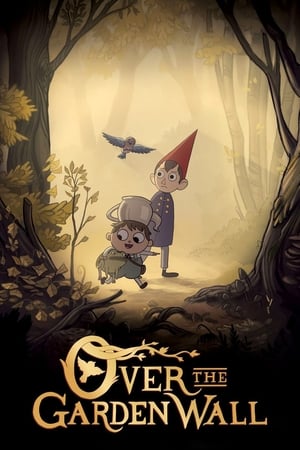
Over the Garden Wall (en)
Two brothers, Wirt and Greg, find themselves lost in the Unknown; a strange forest adrift in time. With the help of a wise old Woodsman and a foul-tempered bluebird named Beatrice, Wirt and Greg must travel across this strange land, in hope of finding their way home. Join them as they encounter surprises and obstacles on their journey through the wood.

ORESUKI Are you the only one who loves me? (ja)
Kisaragi Amatsuyu is invited out alone by the cool beauty upperclassman Cosmos and his childhood friend Himawari. Expecting to hear their confessions, he triumphantly goes to meet each of them in turn. But Cosmos and Himawari both instead confess to Amatsuyu that they like his friend. Amatsuyu fights this lonely battle, but there is another girl who is looking at him. She is a gloomy girl with glasses and braids. Amatsuyu finds that he hates her, because she's always turning her sharp tongue only on him and finding enjoyment in his troubles. But it turns out that she's the only one who actually does like him.
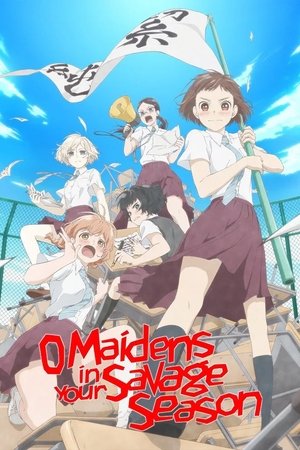
O Maidens in Your Savage Season (ja)
The girls in a high school literature club do a little icebreaker to get to know each other: answering the question, "What's one thing you want to do before you die?" One of the girls blurts out, "Sex." Little do they know, the whirlwind unleashed by that word pushes each of these girls, with different backgrounds and personalities, onto their own clumsy, funny, painful, and emotional paths toward adulthood.
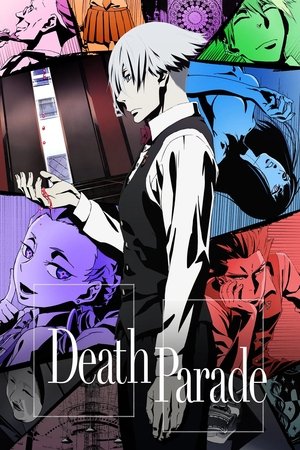
Death Parade (ja)
There is a place after death that’s neither heaven nor hell. A bar that serves you one chance to win. You cannot leave until the game is over, and when it is, your life may be too.

Horimiya (ja)
A secret life is the one thing they have in common. At school, Hori is a prim and perfect social butterfly, but the truth is she's a brash homebody. Meanwhile, under a gloomy facade, Miyamura hides a gentle heart, along with piercings and tattoos. In a chance meeting, they both reveal a side they've never shown. Could this blossom into something new?
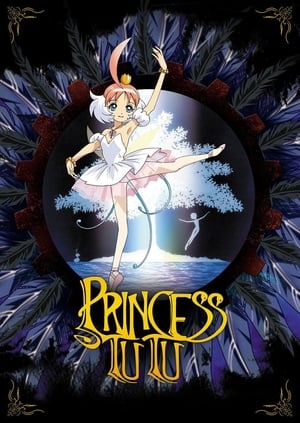
Princess Tutu (ja)
Princess Tutu follows Duck, a duck who was transformed into a young girl and takes ballet at a private school. She becomes enamoured of her mysterious schoolmate Mytho, and transforms into Princess Tutu to restore his shattered heart. Mytho's girlfriend Rue transforms into Princess Kraehe to frustrate Tutu's efforts, and Mytho's protective friend Fakir discourages Mytho's burgeoning emotions. When it becomes apparent that Duck, Rue, Mytho, and Fakir are meant to play out the characters in a story by a long-dead writer named Drosselmeyer, they resist their assigned fates and fight to keep the story from becoming a tragedy.
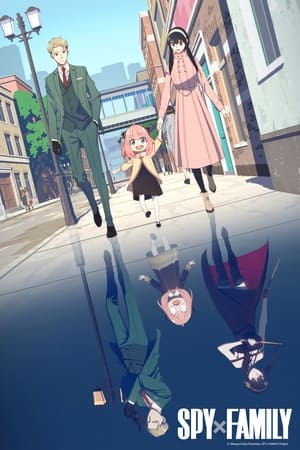
SPY x FAMILY (ja)
A spy, an assassin and a telepath come together to pose as a family, each for their own reasons, while hiding their true identities from each other.

DARLING in the FRANXX (ja)
The story is set in the distant future. The land is ruined, and humanity establishes the mobile fort city Plantation. Pilots produced inside Plantation live in Mistilteinn, also know as the "birdcage." Children live there knowing nothing of the outside world or the freedom of the sky. Their lives consist of battling to carry out missions. Their enemies are mysterious giant lifeforms known as Kyouryuu, and the children pilot robots called Franxx to face off against them. For the children, riding the Franxx proves their existence. A boy named Hiro is called Code:016, and he was once known as a prodigy. However, he has fallen behind, and his existence seems unnecessary. Not piloting a Franxx is the same as ceasing to exist. One day, a mysterious girl known as "Zero Two" appears before him. Two horns grow out of her head.
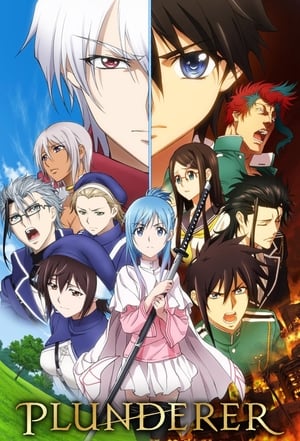
Plunderer (ja)
In a post-apocalyptic world dominated by the so-called "Numbers," each human will have their identity branded with their own "Count," which could define any number related to their life. May it be one's walked distance or amount of compliments given to them by others, this Count could lead them to the abyss when it has dropped to zero. In the year 305 of the Alcian calendar, Hina has inherited a mission from her Mother, whose Count has depreciated to zero, to search for the Legendary Red Baron. In her adventure, she meets a half-masked swordsman named Licht who tries to hide his identity, as he is known as a degenerate for having an incredibly low Count.
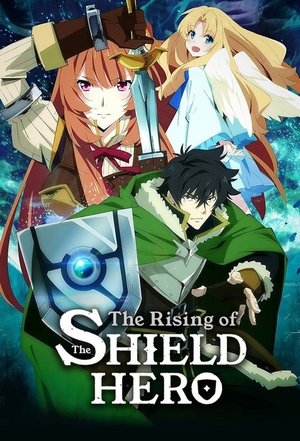
The Rising of the Shield Hero (ja)
Iwatani Naofumi, a run-of-the-mill otaku, finds a book in the library that summons him to another world. He is tasked with joining the sword, spear, and bow as one of the Four Cardinal Heroes and fighting the Waves of Catastrophe as the Shield Hero. Excited by the prospect of a grand adventure, Naofumi sets off with his party. However, merely a few days later, he is betrayed and loses all his money, dignity, and respect. Unable to trust anyone anymore, he employs a slave named Raphtalia and takes on the Waves and the world. But will he really find a way to overturn this desperate situation?

Toilet-Bound Hanako-kun (ja)
First year high school student and occultist, Nene Yashiro summons "Hanako-san of the Toilet" to grant her romantic wishes. She ends up Hanako's spiritual assistant, helping him destroy supernatural beings and change rumors to balance the spirit and human worlds. Along the way, Nene learns about her connection to the spirit world and the dark secrets regarding Hanako's past.
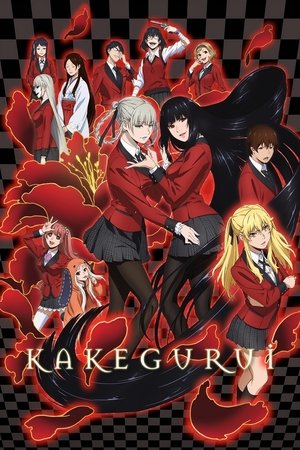
Kakegurui (ja)
Hyakkaou Private Academy. An institution for the privileged with a very peculiar curriculum. You see, when you're the sons and daughters of the wealthiest of the wealthy, it's not athletic prowess or book smarts that keep you ahead. It's reading your opponent, the art of the deal. What better way to hone those skills than with a rigorous curriculum of gambling? At Hyakkaou Private Academy, the winners live like kings, and the losers are put through the wringer. But when Yumeko Jabami enrolls, she's gonna teach these kids what a high roller really looks like!
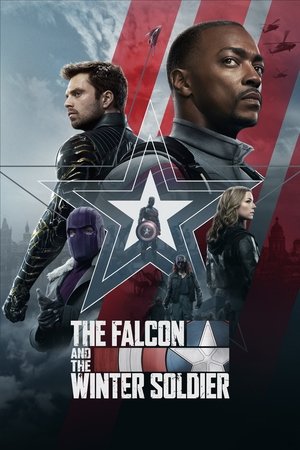
The Falcon and the Winter Soldier (en)
Following the events of “Avengers: Endgame”, the Falcon, Sam Wilson and the Winter Soldier, Bucky Barnes team up in a global adventure that tests their abilities, and their patience.
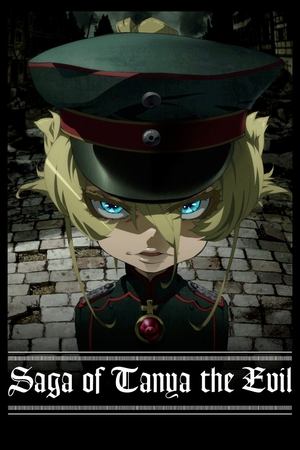
Saga of Tanya the Evil (ja)
On the front lines of the war, Tanya Degurechaff, blond hair, blue eyes, and porcelain white skin, commands her squad with lisping voice. Actually, she is one of Japan's most elite salary men, reborn as a little girl into a world of magical warfare after angering a mysterious being who calls himself God.
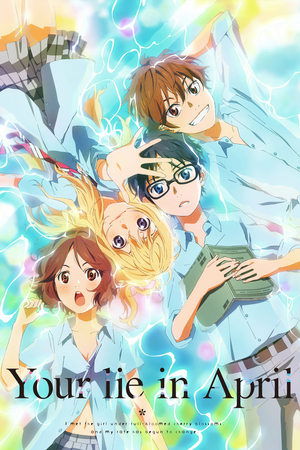
Your Lie in April (ja)
Kousei Arima was a genius pianist until his mother's sudden death took away his ability to play. Each day was dull for Kousei. But, then he meets a violinist named Kaori Miyazono who has an eccentric playing style. Can the heartfelt sounds of the girl's violin lead the boy to play the piano again?
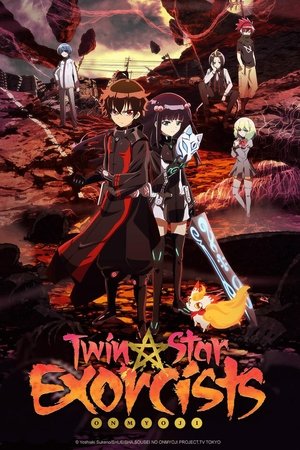
Twin Star Exorcists (ja)
Rokuro is from a family of exorcists, but he'd rather be a singer, a soccer player or anything but an exorcist! He's forced to own up to his own incredible potential when new arrival Benio stirs his competitive spirit. But their rivalry gets a twist when they earn the prestigious title of "Twin Star Exorcists"—two supreme fighters fated to marry and birth the ultimate spiritual warrior!
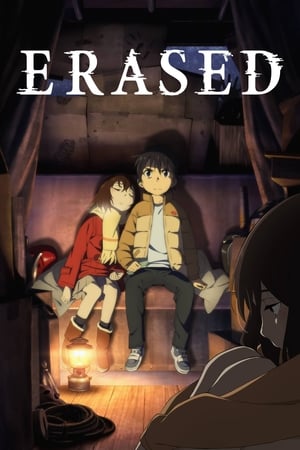
ERASED (ja)
Satoru Fujinuma is a struggling manga artist who has the ability to turn back time and prevent deaths. When his mother is killed he turns back time to solve the mystery, but ends up back in elementary school, just before the disappearance of his classmate Kayo.









